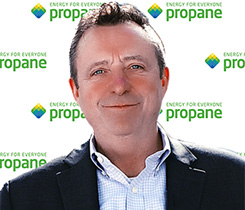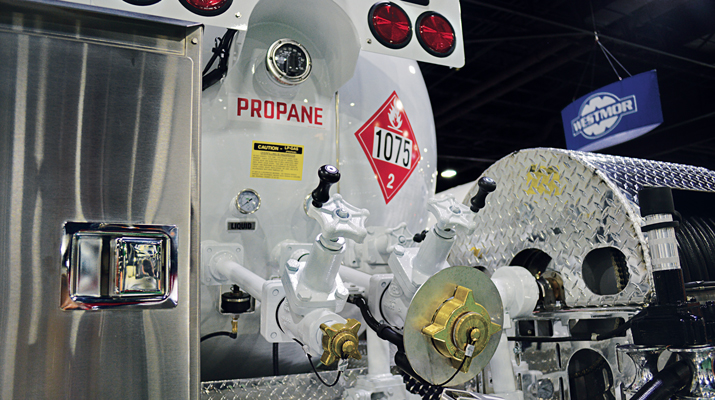The propane industry’s duty to warn
In the 1989 movie “Field of Dreams,” Archie Graham gets driven to the ground by a pitch after winking at a major league pitcher. After dusting himself off, Graham complains to the umpire, “Hey ump, how about a warning?” The umpire replies, “Sure. Watch out you don’t get killed.”
While such words of warning may be effective with propane customers considering unauthorized and untrained work on their propane systems, I suspect they’d be vilified by political-correctness crusaders.
Duty to warn is a concept that arises in the law of torts in a number of circumstances, indicating that a party will be held liable for injuries caused to another, where the party had the opportunity to warn the other of a hazard and failed to do so.
Unfortunately, our legal system has attempted to morph this definition from “opportunity to inform to interpretive effectiveness.” Are the words, colors, boldness and frequency strong enough to be considered enough of a warning? What is adequate?
My prayers, respect and love go out to all of those people impacted by Hurricanes Harvey, Irma and Maria. Before, during and after the horrific storms, officials warned all residents in their paths, making tough decisions regarding evacuation orders while coordinating rescue efforts and safe shelter. Still, there were plenty of critics about duty to warn.
There is a tale about a woman of strong religious faith during a flood who prays for the Lord to save her. After declining rescue efforts of a canoe, a boat and a helicopter, the woman falls victim to the flood. When she arrives in Heaven, the woman confronts St. Peter, asking why the Lord forsook her prayers. He replies, “We did our best. We sent a canoe, a boat and a helicopter!”
Sometimes all of us need to be warned about unsafe behavior and each of us may choose to pay attention. If we look around, we will find ourselves surrounded by warnings: Do this… don’t do that… this product might cause… use caution when…
Have you ever read the operating directions and warnings that come with a gas leak detector? If done per instructions, installation can be a high-maintenance process. While plaintiff’s attorneys have suggested propane marketers should provide as many free gas leak detectors as necessary and be responsible for maintaining them, this suggestion was quashed by comparisons to smoke detectors and consumer obligations. All current safety material suggests consumers buy and maintain gas leak detectors for their own safety.
In my opinion, the obligation of the propane marketer to warn includes reasonable effort in encouraging customers to recognize and avoid hazards related to unsafe product use, including, but not limited to, warning about unauthorized and untrained work on any propane system or product.
I have spent decades serving on the National Propane Gas Association Safety, Training and Education Committee, wordsmithing phrases to be effective warnings to consumers and propane marketers. Common sense and safety advances have made current warnings more clear and effective.
The Propane Education & Research Council (PERC) has developed material for all areas of the propane industry, from consumer education to marketer training and education. It even has a video of a homeowner who did it himself and caused a fire. While the insurance man browbeats him, his wife softly says something like, “I told you not to do it yourself.” Even spousal shame can be an effective tool in the duty to warn process.
Insurance industry loss-control efforts usually include an audit of safety material sent to customers. Frequency, variety, distinctiveness and accurate record keeping are key components to effectively executing duty to warn.
Check out PERC’s new material. Review the frequency and memorability of your consumer warnings. Consider custom messages to address specific hazards such as carbon monoxide; gas leak detectors; unauthorized or untrained work; and renter and landlord occupancy communications.
These are the keys to duty-to-warn effectiveness.
Jay Johnston is an insurance executive, safety management consultant and motivational safety speaker in the propane industry. He is the publisher of “The Safety Leader” newsletter and author of the books “The Practice of Safety” and “A Leap of Faith Takes Courage.” Jay can be reached at jay@thesafetyleader.com.
NOTE: The opinions and viewpoints expressed herein are solely Jay Johnston’s, and should in no way be interpreted as those of LP Gas magazine, or any of its staff members.
















